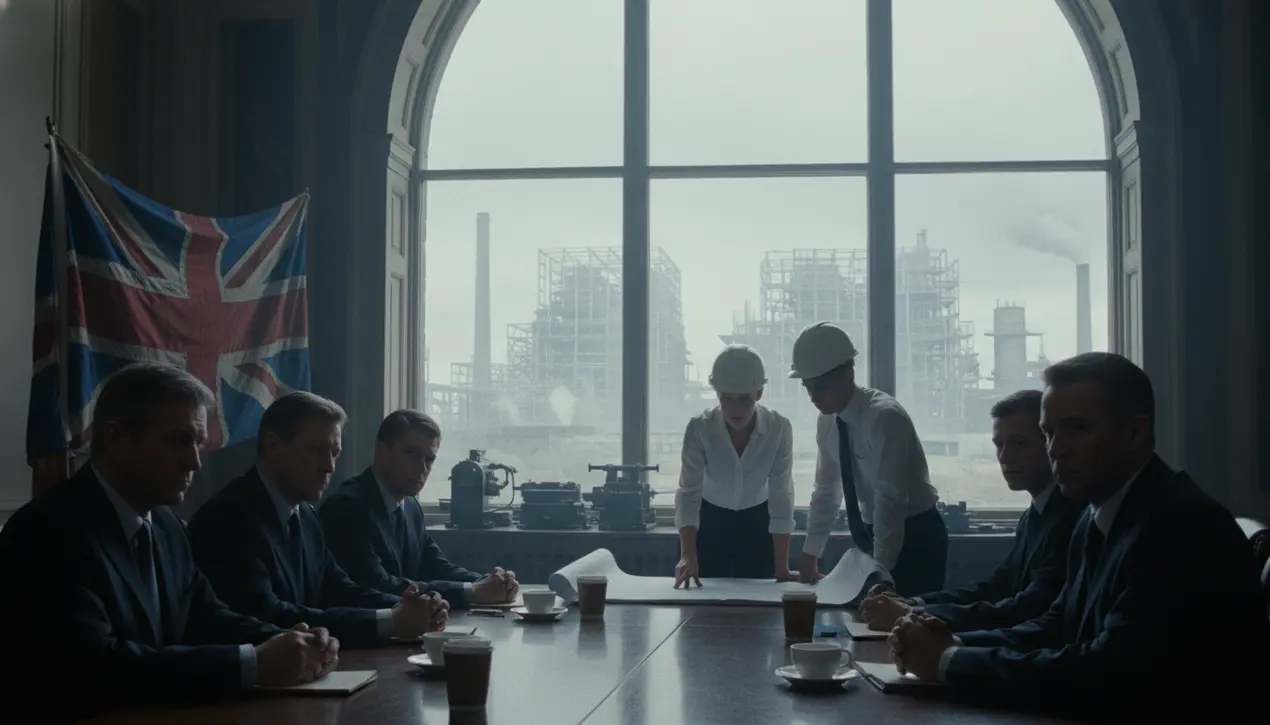- News
- conflict-defense
- UK lacks defence strategy, MPs say, as plan unveiled for more weapons factories – UK politics live

Politicsconflict & defenseDefense Budgets
UK lacks defence strategy, MPs say, as plan unveiled for more weapons factories – UK politics live
MA
Mark Johnson
2 hours ago7 min read
The UK's defence strategy is facing a critical moment of truth as MPs deliver a damning verdict on its inadequacies while the government simultaneously unveils plans for what Defence Secretary John Healey calls 'building the factories of the future in Britain. ' This dual announcement creates a striking political contrast—on one hand, a recognition of systemic failure, and on the other, a bold industrial promise that feels more like a campaign pledge than a coherent strategic vision.Having witnessed political strategies evolve from the trenches of campaign volunteering, I recognize the familiar pattern: when substance is lacking, manufacturing momentum becomes the primary objective. The planned expansion of weapons factories represents more than just military infrastructure; it's a calculated political maneuver designed to project strength and economic revitalization in regions hungry for industrial renewal.Yet this manufacturing push raises fundamental questions about strategic direction—what specific threats are these factories preparing for? Are we building for European land wars, naval dominance, or asymmetric conflicts? The absence of clear answers echoes the Institute for Government's broader critique of Labour's planning deficiencies, where Kiran Stacey's reporting reveals how Keir Starmer's failure to properly blueprint public service improvements while in opposition now haunts his government's implementation phase. This parallel between defence and domestic policy failures reveals a deeper governance pattern—the triumph of announcement over architecture, where political theatre substitutes for detailed operational planning.The defence sector's industrial strategy cannot exist in a vacuum; it must align with NATO commitments, evolving cyber threats, and the brutal mathematics of modern warfare where ammunition consumption rates have skyrocketed beyond Cold War projections. Historical precedents from Churchill's industrial mobilization to Thatcher's defence reviews demonstrate that successful strategies balance industrial capacity with clear doctrinal vision—something currently missing as the government attempts to fight simultaneous battles on economic, military, and political fronts without a unified campaign map.
#lead focus news
#UK defence strategy
#weapons factories
#defence secretary
#Institute for Government
#public services
Stay Informed. Act Smarter.
Get weekly highlights, major headlines, and expert insights — then put your knowledge to work in our live prediction markets.
Comments
Loading comments...
© 2025 Outpoll Service LTD. All rights reserved.